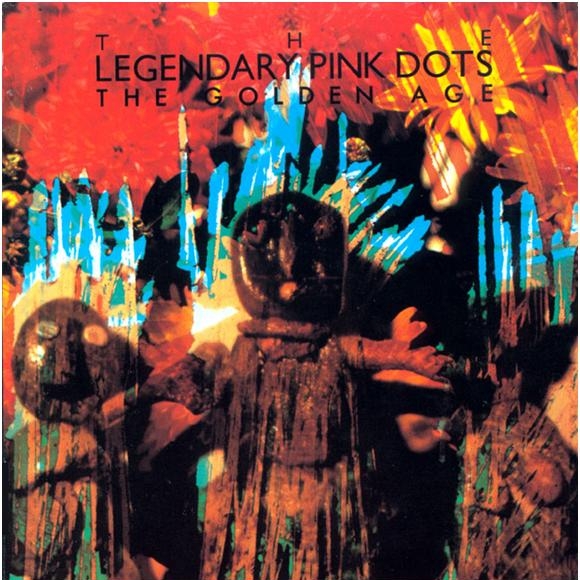|
Two glasses on a glass-top table. Lights are low, |
|
the ashtray's full. he talks of all his conquests--letters |
|
ringed with hearts and crosses. He left them in the |
|
drawer (at Hotel Noir)--unanswered, yet he read |
|
them for her time and time again . . . She looked |
|
clean through him and told him how she loved |
|
white horses, riding on a swing and laying in a |
|
cornfield on a warm summer's night. She'd watch |
|
the dancing lights. Alone but never lonely--until |
|
now. He ordered whisky but the waiter walked clean |
|
through him. He sadly shook his head, and lit his |
|
fifteenth cigarette . . . and slowly, surely pictures for- |
|
med he never could forget . . . Loretta sent him sea |
|
shells, Henrietta sent a rose, and Margaretta said |
|
they'd marry in a letter that he'd never answered |
|
(left it in the drawer at Hotel Noir . . .) And she said |
|
how she loved the sea at full moon. Running down |
|
a silver beach with silver ribbons trailing from her |
|
hands. She found a doorway in the sand where |
|
she'd store away her stones. Precious stones that |
|
could be diamonds, just because they sparkled in |
|
rain. And there she'd sleep, and there she'd |
|
dream. And there she died. The tide rolled |
|
backwards and it dried and left a headstone made |
|
of salt. The warm breeze turned to steam. And even |
|
the vegetables screamed and screamed and |
|
screamed . . . He stretched his hand out just to touch |
|
her--but she said she had to leave . . . |
